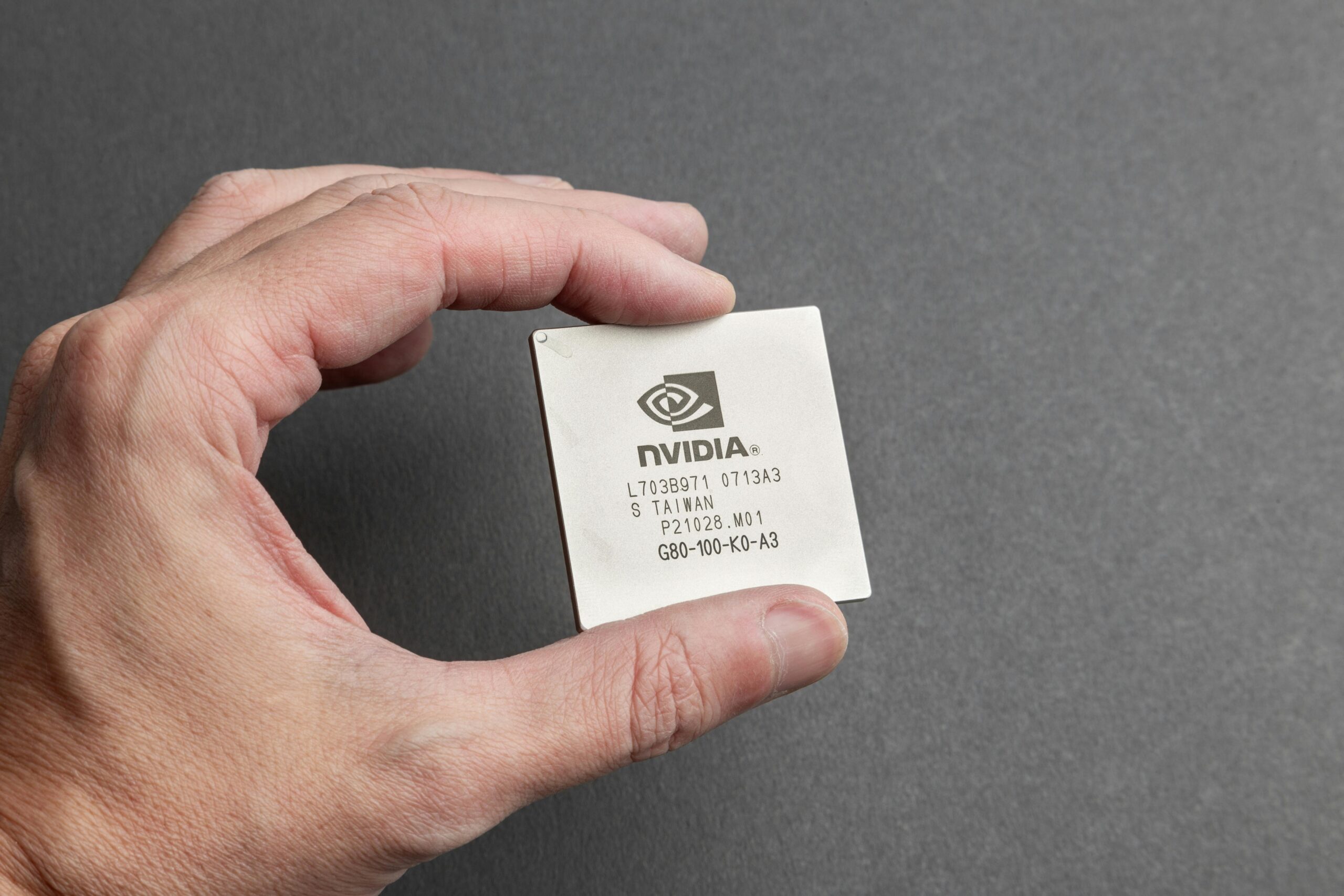(image credit: by Stas Knop)
The Trump administration’s intensified export restrictions on AI chips to China are sending shockwaves through the tech industry—particularly for Nvidia. The policy shift targets Nvidia’s H20 chips, with potential losses mounting to $5.5 billion. The move is part of broader efforts to curb China’s supercomputing capabilities and military tech development.
U.S. Tighter Controls on AI Chip Exports to China
In a significant move aimed at limiting China’s access to advanced semiconductor technologies, the Trump administration has ramped up export controls on high-end AI chips. These controls specifically target chips used for deep learning, data center processing, and supercomputing—areas in which Nvidia has established dominance.
At the heart of the issue is Nvidia’s H20 chip, which had been developed as a China-compliant version of its powerful AI hardware. However, with the new round of export restrictions, even this downgraded chip falls under the U.S. trade ban. As a result, Nvidia is now left with massive unsold inventory, cancelled orders, and a looming write-down of $5.5 billion in projected revenue.
Financial Fallout: Billions in Market Cap Wiped Out
Investors quickly responded to the news. Following the announcement, Nvidia’s stock price plummeted by nearly 7%, wiping out billions in market value in just a few hours. The stock dip reflects not only the immediate loss of sales but also long-term concerns about Nvidia’s access to one of its largest overseas markets—China.
According to analysts, this development may signal the start of a more challenging era for American chipmakers, who are caught in the crossfire of escalating geopolitical tensions. Companies like AMD and Intel may also face similar headwinds as the U.S. continues its tech decoupling strategy from China.
Why Is the U.S. Doing This?
The rationale behind the policy is tied to national security. The U.S. government believes that allowing China to import high-performance chips would accelerate its progress in building supercomputers and AI systems with potential military applications—such as surveillance, autonomous weapons, and cyber warfare systems.
By restricting access to cutting-edge semiconductor technology, the U.S. aims to slow China’s ambitions in the AI arms race. But the side effect is substantial disruption to global supply chains and billions in lost revenue for American tech companies.
What’s Next for Nvidia?
Despite the setback, Nvidia isn’t backing down. CEO Jensen Huang is reportedly in talks with Chinese officials and seeking alternative avenues to minimize the damage. The company may explore new export-compliant chip designs or reallocate inventory to other growing markets like India, Southeast Asia, or South America.
However, many industry insiders note that this may just be the beginning. If trade tensions persist or worsen, U.S. tech firms will have to rethink their global strategies—not just in China, but in how they develop, manufacture, and distribute advanced technology worldwide.
Key Takeaways
$5.5 billion loss: Nvidia faces a massive revenue hit from canceled H20 chip orders.
Stock dipped 7%: Reflects market concerns about future profitability.
Broader impact: Signals tightening U.S.–China tech policies.
Strategic pivot required: Nvidia and other U.S. chipmakers will need new global strategies.
Focus Keywords: Nvidia export ban, AI chip restrictions, U.S.-China tech war, Nvidia H20 loss, Nvidia China ban, Trump AI chip policy


